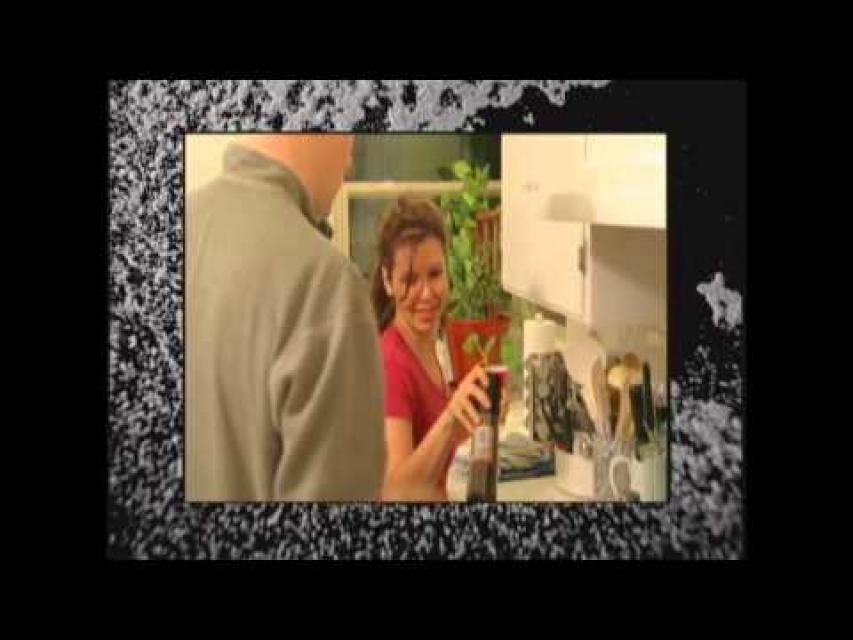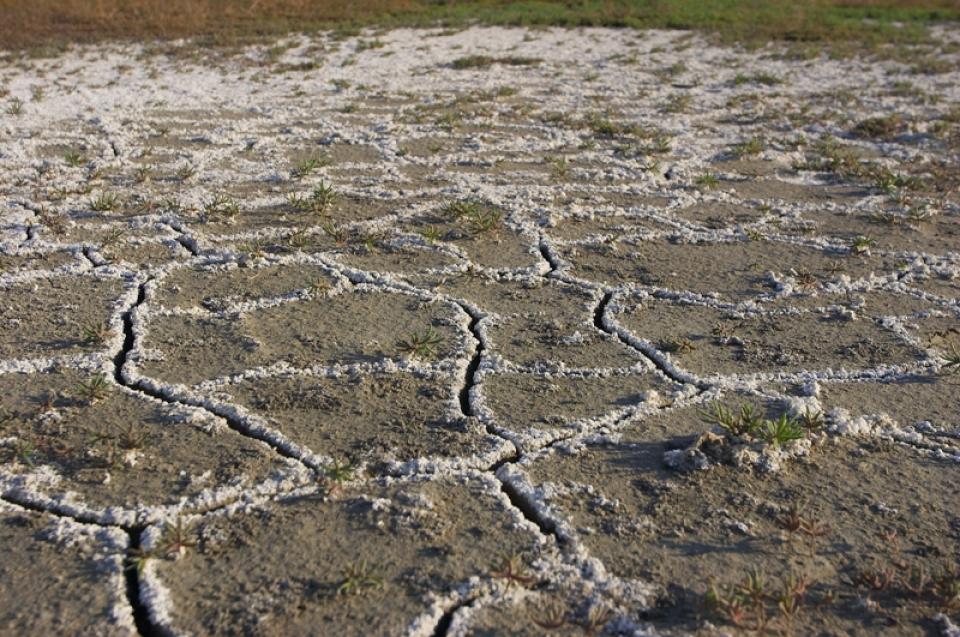Land Retirement
Land retirement is a practice that takes agricultural lands out of production due to poor drainage and soils containing high levels of salt and selenium (a mineral found in soil).
Typically, landowners are paid to retire land. The purchaser, often a local water district, then places a deed restriction on the land to prevent growing crops with irrigation water (a source of salt). Growers in some cases may continue to farm using rain water, a method known as dry farming.
Restored native plant communities on retired land may also provide important habitat for the recovery of special-status species.
Retired land requires continued monitoring of selenium and salt levels to ensure effective implementation. [See also San Luis Drain and San Joaquin Valley.]










